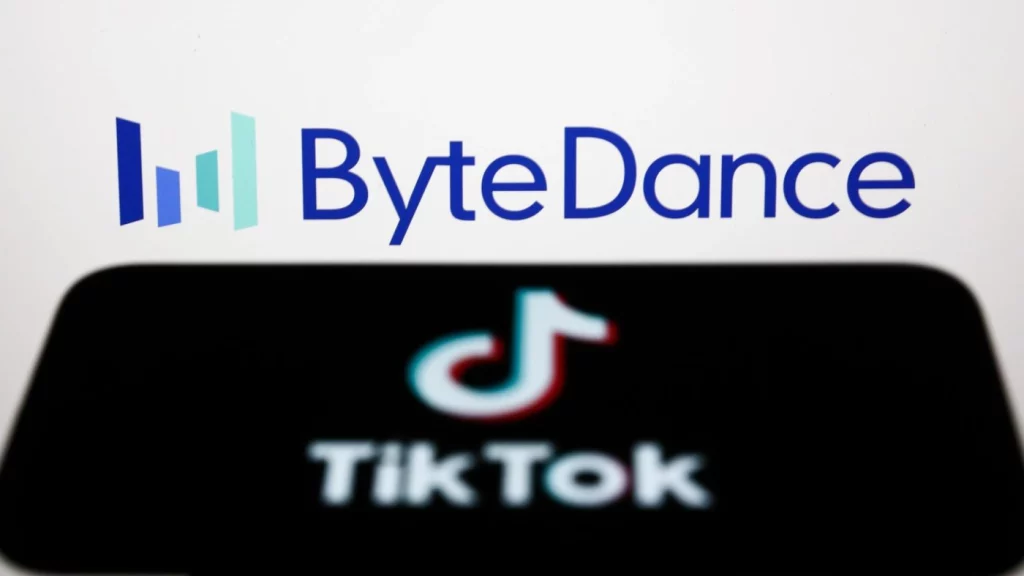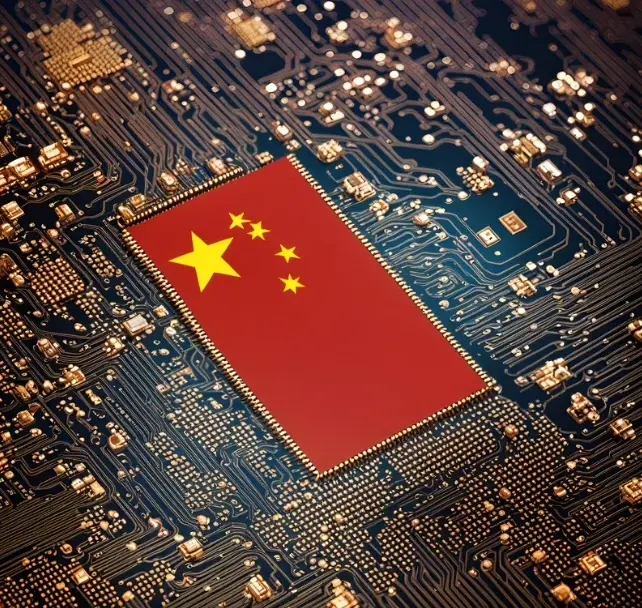ByteDance is reportedly developing a new AI model with significant support from Huawei, which may provide the necessary hardware. The parent company of TikTok intends to utilize Huawei’s resources for training and advancing this AI initiative. Here’s what we have gathered so far.
ByteDance Seeks Huawei’s Assistance for AI
As per a report from Reuters, ByteDance faces challenges due to US export restrictions that hinder its ability to acquire NVIDIA chips. Initially, ByteDance’s AI project utilized NVIDIA’s H20 AI chips tailored for the Chinese market to sidestep US government restrictions. For context, the US carefully regulates which AI chips can be sold to Chinese companies to slow down the technological advancement in China.
To navigate these obstacles, TikTok’s parent company is now looking to Huawei for assistance in training and developing its AI model. This new AI model will utilize chips from Huawei instead of NVIDIA’s offerings. This year, ByteDance has reportedly ordered 100,000 Ascend 910B chips from Huawei, but to date, it has only received about 30,000 of those units. Notably, Huawei’s Ascend 910B chips are said to outperform NVIDIA’s A100 chips in terms of GPU performance and energy efficiency.
Challenges in Chip Supply and Future Outlook
Despite these advantages, the development of the AI model has been hindered by chip shortages. As ByteDance tries to work around the US government’s restrictions to obtain NVIDIA chips, this development suggests a strategic move to lessen its dependence on US technology. However, it’s important to remember that this information is based on unverified reports, so it should be viewed cautiously for now. Earlier this year, ByteDance also introduced Coze, a platform akin to OpenAI, allowing users without coding expertise to create and deploy AI chatbots.


